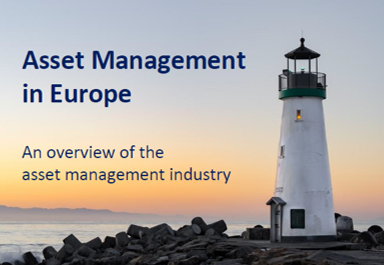EFAMA and its Members appreciate the opportunity to comment on the second FSB/IOSCO consultative document in the context of the current global debate around the alleged “systemic” nature of the asset management industry. EFAMA is the representative association for the European investment management industry. We represent through our 26 national association members, 63 corporate members and 25 associate members about EUR 17 trillion in assets under management, of which EUR 11.3 trillion managed by 55,600 investment funds at end‐December 2014.
Management Companies
EFAMA has been looking at legislative proposals with a direct impact on asset management companies and services, and closely follows any regulatory developments of critical importance to the sector. In addition to issues related to risk management and financial stability, high up on the agenda of EFAMA members is the framework for a prudential regime for Investment Firms (IFD/R), and related implementing measures directly descending from such framework.
EFAMA is focused on minimising the impact of the rules on asset management companies, in particular those holding a limited MiFID license. Key to the sector is the need for proportionality, especially firms that are not authorised to hold client money/securities, or to deal on their own account.
EFAMA Reply to 2nd consultation on NBNI G-SIFIs
Investment Funds Distributor Due Diligence Questionnaire
Funds face unique challenges in performing intermediary oversight, and especially so because of MiFID II requirements, changing regulatory landscapes, and the absence of an industry agreed-upon standard between funds and their distribution channels. To help address these challenges, a dedicated working group developed a uniform due diligence questionnaire (DDQ) that will serve as the standard for investment funds (UCITS and AIFs) in performing onboarding and ongoing oversight of distribution channels.
AMIC and EFAMA update their report on Managing Fund Liquidity Risk in Europe
EFAMA reacts to IOSCO statement on liquidity risk management for investment funds
EFAMA welcomes the recent statement by Ashley Alder, IOSCO Board Chair, on liquidity risk management for investment funds.
Asset Management Report 2019
The EFAMA Asset Management in Europe report aims at providing facts and figures to gain a better understanding of the role of the European asset management industry. It takes a different approach from that of the other EFAMA research reports, on two grounds. Firstly, this report does not focus exclusively on investment funds, but it also analyses the assets that are managed by asset managers under the form of discretionary mandates. Secondly, the report focuses on the countries where the investment fund assets are managed rather than on the countries in which the funds are domiciled.































